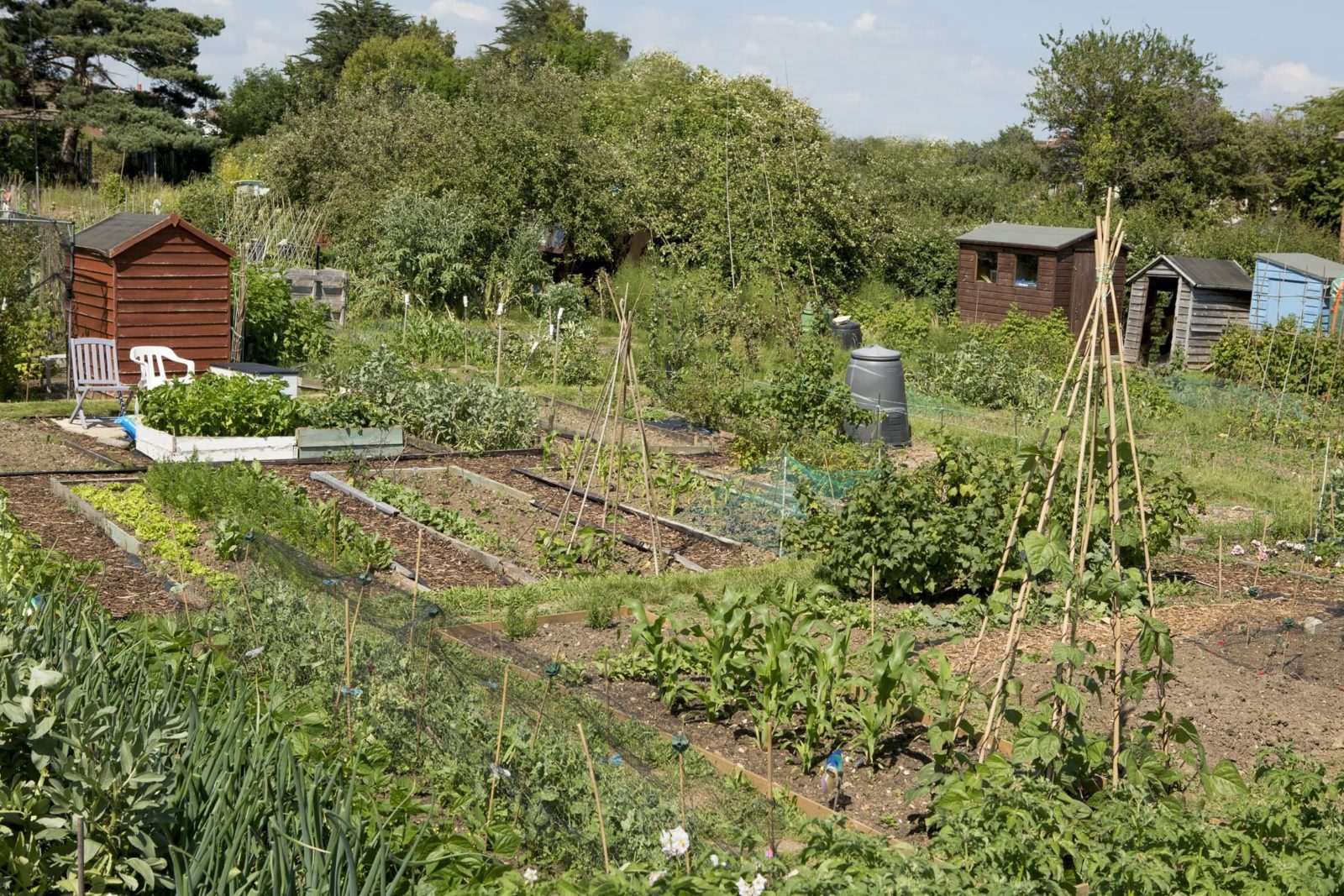Table of Contents
If you are lucky enough to have an allotment, then you will find it is a rewarding and fulfilling use of your time.
As with most hobbies and interests, maintaining an allotment is a continuous learning experience and you will find that you gain knowledge as you go. For example, you will be able to grow a larger range of produce to enjoy or sell. But how should you maintain your allotment?
Site preparation
Ensuring that your plants have enough of the essentials to make them grow can be tricky as different plants require different levels of sunlight, water, and nutrients.
First, ensure the soil is well-drained and not too compacted. Compacted soil can find it hard to retain water and prevents the roots of your plants from stretching out and growing, therefore absorbing less water and nutrients.
If you haven’t already, clear the area of debris, weeds, and large rocks. This will allow your plants to have enough space without anything inhibiting them.
Soil health and improvement
Whilst having fresh, cleared-out soil is a start, not all soil is the same. If you have soil that you intend to work on, test the pH levels before you plant anything. Most crop plants prefer a slightly acidic to neutral pH level which is 6.1 – 7.0.
If your soil is too acidic, add some lime to raise the pH to above 5.0. Soil that is too alkaline would benefit from an acidifying agent such as iron sulphate.
Once your soil has levelled out you should add organic mulch products such as manure or compost. This will help to enrich the soil and keep it fertile which produces healthier plants.
Crop selection and rotation
Choosing what you want to grow in your allotment can be the best part! You have to consider the climate and available space, however, but you can pick based on your preferences.
Luckily, most vegetables grow well in the UK, so you may want to start by looking at what you like to eat. Investing in some quality vegetable seeds will allow you to nurture your crop from the very beginning and experience the feeling of eating something you have tended to lovingly.
You should also plan your crop rotation before you start growing. The idea is to grow specific groups of vegetables in certain areas. This helps to prevent crop-specific pests and diseases from building up.
Watering and irrigation
Watering your plants properly helps maintain growth and vegetable production. Setting up a reliable irrigation system will give you peace of mind that your plants will have enough moisture.
If you have more free time, the best time to water is either early in the morning or late in the afternoon. By avoiding the hottest part of the day, more water will penetrate the soil rather than evaporate. You can also help to ward off fungal diseases as the plants won’t be as damp for long.
Time management and maintenance
Make sure you are on top of all the smaller activities associated with having an allotment. You may want to have a timetable for jobs such as weeding, fertilising, and harvest times. This will allow you to make sure you don’t miss anything important.
A gardener is only as good as their tools, so keep on top of tool maintenance and cleaning as well. This will help them to last longer and prevent bacteria from passing from different places to your allotment.





